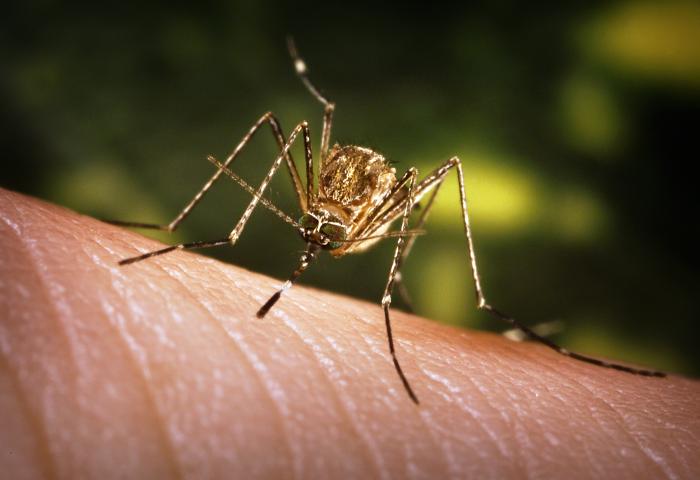The Los Angeles County Department of Public Health (Public Health) has identified the first case of human West Nile virus (WNV) infection in Los Angeles County for the 2018 season (excluding Long Beach and Pasadena as cases identified in those cities are reported by their local health departments). A resident of the San Gabriel Valley region of Los Angeles County was hospitalized in mid-May and WNV was confirmed as the cause by the California Department of Public Health.

“West Nile virus is spread by the bite of an infected mosquito. It can affect the nervous system and result in meningitis, encephalitis, paralysis and even death. While all county residents are at risk for West Nile virus, people over 50 years of age and those with chronic medical problems are at higher risk of severe disease,” said Jeffrey Gunzenhauser, MD, MPH, Interim Health Officer for Los Angeles County. “Residents should take protective action by using Environmental Protection Agency (EPA)-registered mosquito repellent when outdoors and check for, clear, clean or cast-off items that collect standing water in their homes or yards where mosquitoes can breed.”
The number of people infected with WNV each year in LA County is estimated to be more than 10,000, because most infected persons do not experience any illness or perhaps only mild illness. These cases are neither reported nor even recognized as WNV. Moreover, Public Health continues to report elevated numbers of WNV cases in LA County over the previous 5 years, at an average of 221 cases per year. Over three-quarters of reported cases have had severe disease and approximately 7% of patients with severe WNV have died from complications. Last year’s WNV season was the longest season on record extending until mid-December.
WNV is spread to humans through the bite of an infected mosquito; mosquitoes become infected by biting a bird that carries the virus. Most mosquitoes do not carry the virus, therefore most people bitten by a mosquito are not exposed to WNV. The virus is not spread through person-to-person contact or directly from birds to humans.
Recovery from WNV can take months or years. One study showed that 12 months after infection, about half of those with this disease continued to have cognitive and physical impairment such as memory loss, difficulty walking and fatigue. In addition to those who develop more serious illness, people infected with West Nile virus may develop mild symptoms that include fever, headache, nausea, body aches, and a mild skin rash.
- Cyclospora update: Dozens of cases reported in Minnesota and Wisconsin
- Red Cross seeks millions to fund emergency response to DR Congo Ebola virus outbreak
- MRSA: New compound, F6, potent against antibiotic-resistant pathogens
- Measles: New outbreak confirmed in Sierra Leone
- Fiji declares end of dengue outbreaks
- Europe: Officials warn of the rise of carbapenem resistance, ‘We should be very concerned’
- Kentucky hepatitis A outbreak: 761 cases, 6 deaths
- RSV vaccine Phase 1 study to begin
- Salmonella Mbandaka outbreak sickens dozens, linked to Kellogg’s Honey Smacks



Sometime patients with west mile die of another complication and therefore it’s missed to be recorded that they died of west nile. Like my father. Sad and scary. There are many cases I believe hat are not being recorded. How is it possible dogs have something to protect them, and not human.